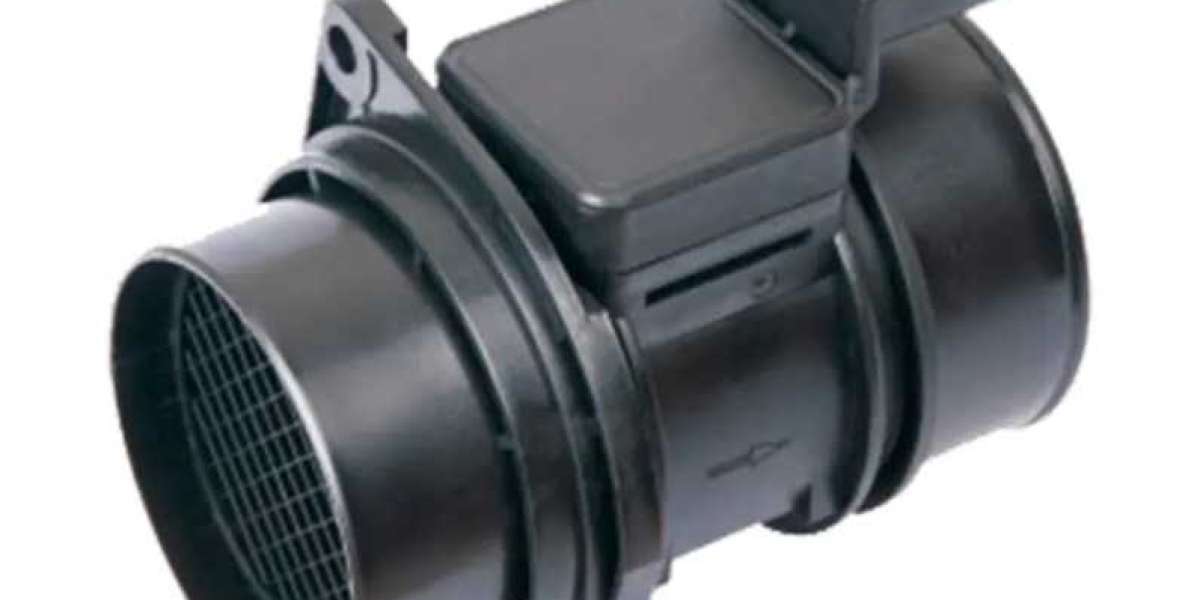An Air Flow Sensor is a critical component found in automotive engines, playing a pivotal role in regulating fuel injection and ensuring optimal engine performance. As the name suggests, it monitors the amount of air flowing into the engine, providing crucial data for the engine control unit (ECU) to adjust the fuel-to-air ratio for efficient combustion.
Air Flow Sensors utilize various methods to detect the volume of air entering the engine. One common type is the mass air flow sensor (MAF), which measures the mass of air passing through it using a heated wire or film. As air flows over the sensor, it cools the heated element, causing a change in electrical resistance. This change is then translated into a voltage signal proportional to the mass of air, which is sent to the ECU for fuel injection adjustments.
Another type of Air Flow Sensor is the hot wire air flow sensor, which operates on a similar principle but uses a heated wire instead. As air passes over the wire, it cools it down, altering its electrical resistance. The ECU measures this change and adjusts fuel injection accordingly.
In addition to these, there are also vane-type Air Flow Sensors, which utilize a spring-loaded vane that moves in response to air flow. The movement of the vane is converted into an electrical signal, providing the ECU with information about the volume of air entering the engine.
Each type of Air Flow Sensor has its advantages and limitations, and the choice of sensor depends on factors such as cost, accuracy, and compatibility with the engine's design. However, regardless of the type, Air Flow Sensors are crucial for maintaining optimal engine performance, fuel efficiency, and emission control in modern vehicles.
In summary, Air Flow Sensors are essential components in automotive engines, responsible for monitoring the volume of air entering the engine and providing data to the ECU for fuel injection adjustments. They utilize various detection methods such as mass air flow sensors, hot wire sensors, and vane-type sensors to accurately measure air flow. With their role in regulating fuel-to-air ratios, Air Flow Sensors play a vital role in ensuring efficient combustion, optimal engine performance, and reduced emissions in modern vehicles.








